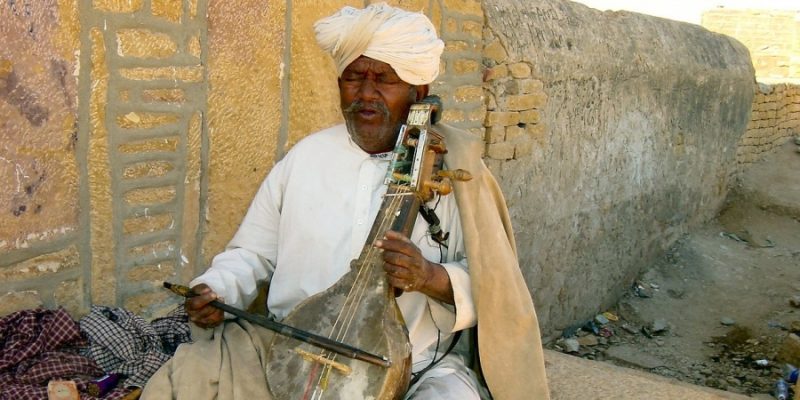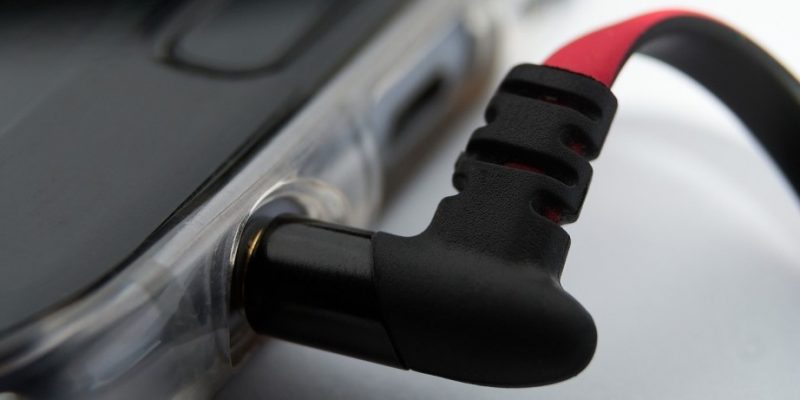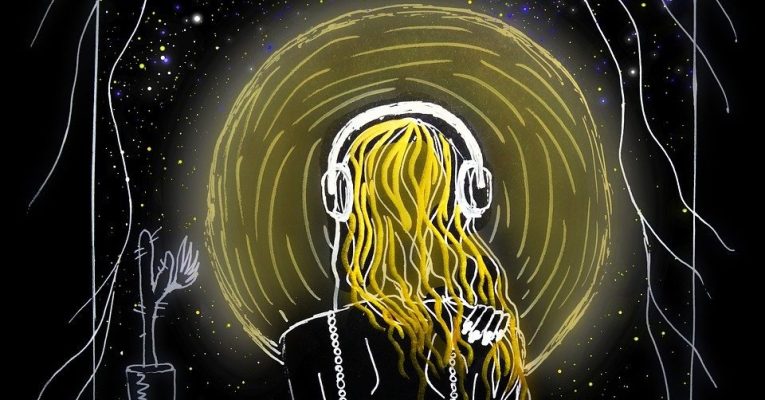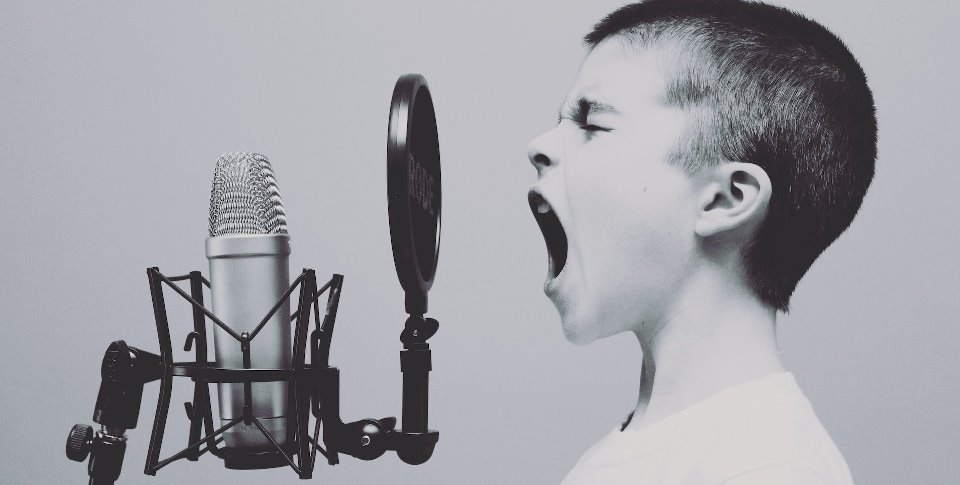
Officially, Music Therapy is the “clinical and evidence-based use of music to accomplish individualized (health) goals within a therapeutic relationship by a credentialed professional who has completed an approved music therapy program.”

Well, just to say that it’s a “real profession” and “real therapy,” but, of course, already in ancient times it was a well-known fact that the use of music has healing properties.
Today, Music Therapy is used as a treatment within many fields of human functioning, which includes cognitive, academic, emotional, aesthetic, psychological, behavioral, communicative, social, physiological, physical, and spiritual domains.
For instance, it can be applied to treat hypertension, depression, anxiety, schizophrenia, addictions, pain perceptions, and eating disorders, but also to improve, support or promote sleep quality, physical disabilities, exercise performance, physical rehabilitation, memory, decision-making skills, creative self-expression, self-confidence, self-esteem, and communication skills.
Moreover, within a scientific context, music is specifically designed to use certain elements of music for therapeutic effects, which include melody, harmony, key, mode, meter, rhythm, pitch, range, duration, timbre, form, texture, and instrumentation.
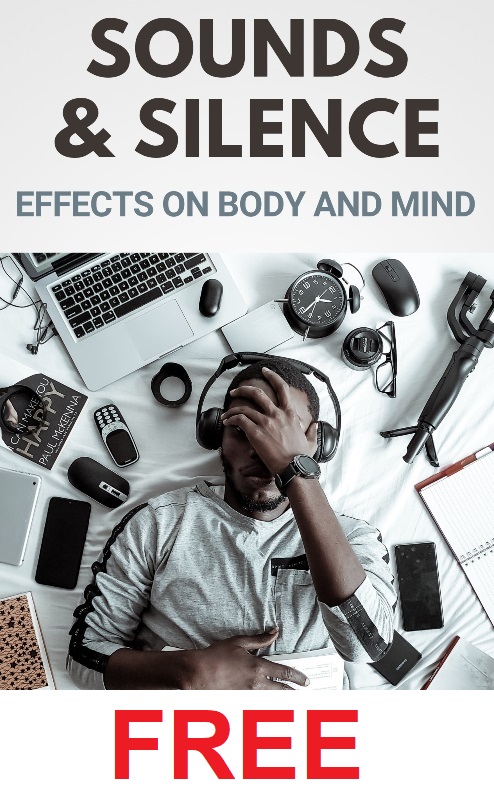
Using the above mentioned elements, music can, for instance, directly influence our breath rate, heart rate, and blood pressure.
Mind that music therapists design and use both active treatments (individuals may engage in singing, instrument exploration, songwriting, movement, digital music creation, etc.) and receptive treatments (individuals may engage in listening to music, guided imagery with music, or music conversation and reminiscence, etc.).
Music Therapy is widely used with people of all ages across the world in medical hospitals, cancer centers, schools, alcohol and drug recovery programs, psychiatric hospitals, nursing homes, and correctional facilities.











